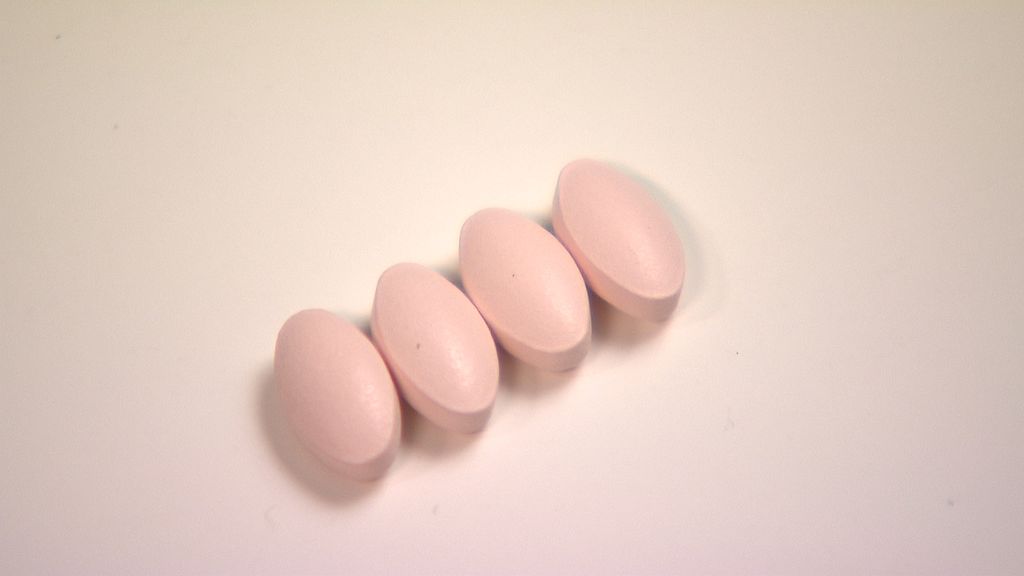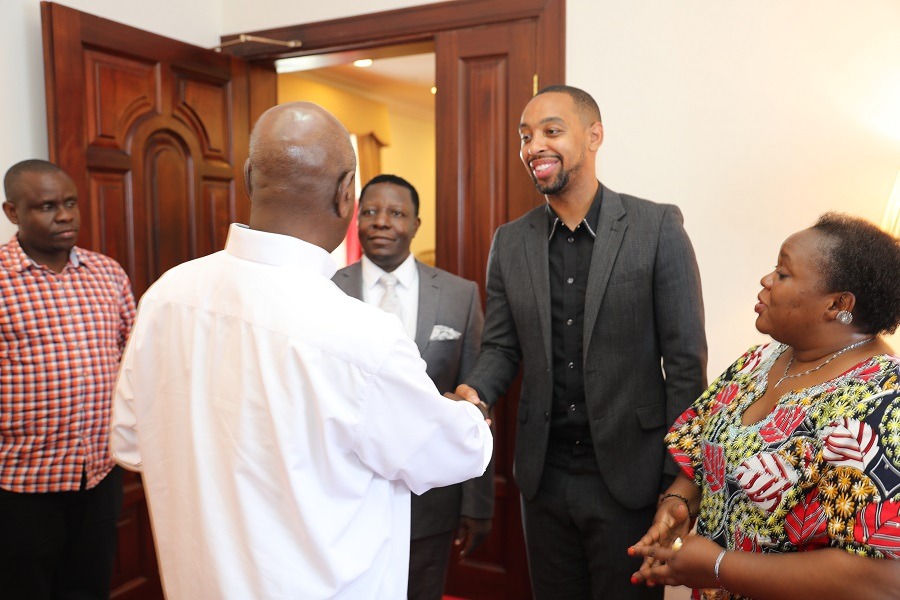
The Ugandan government could tackle the prevalence of counterfeit drugs in the country using a blockchain platform to track them down.
Uganda President Yoweri Musevini has expressed interest and pledged his support to working with the MediConnect platform, which traces drugs from manufacturers through to pharmacies and patients.
He met bosses at the UK-based company in the east African nation’s capital Kampala to discuss the benefits of using blockchain – distributed ledger technology that provides transparency for every transaction within a chain – to combat the issues facing the country’s pharmaceutical sector.
Life-saving drugs are sold on the black market and fake medicines find their way into clinics instead.
MediConnect CEO Dexter Blackstock, a former professional footballer for Nottingham Forest, added: “The Ugandan President and Minister of Health and National Drug Authority all understand the need to act fast to tackle the country’s counterfeit drug problem and recognise the benefits offered by tracing medication on the secure, scalable blockchain framework we are developing.
“We see this as an important opportunity for MediConnect to form part of Uganda’s national infrastructure and protect its citizens by ensuring all drugs in circulation are authentic and safe.”
The prevalence of counterfeit drugs in Uganda
According to the Ugandan National Drug Authority (NDA), 10% of the drugs prescribed in the country are substandard or counterfeit versions of real medicine.
Each year, more than 250,000 children with malaria and pneumonia – both common illnesses in poor countries – do not survive due to treatment with fake and substandard drugs.

While poor-quality drugs targeting older individuals are also entering global markets, the World Health Organization (WHO) said “it is very difficult to quantify their impact.”
Research from the WHO found that one in ten medical products in developing countries is substandard or falsified – 42% of which are from the WHO African region and, therefore, urged governments to take action to protect vulnerable communities most affected by the practice.
The most common type of substandard medicines includes emergency contraceptive pills and antimalarial drugs.
Fightback against counterfeit drugs begins in Uganda
In March 2019, the NDA launched a campaign to reduce levels of drug fraud in the country.
This has been carried out by recovering counterfeit drugs through raids and running a public education campaign, in which more than 200 boxes of drugs have been recovered so far.
NDA board chairman Dr Medard Bitekyerezo said the counterfeit drugs enter the country through porous borders across Lake Victoria, and are sometimes brought into the country by smugglers disguising them as other products.
It is anticipated that MediConnect’s blockchain system could be adopted in Uganda as a national technological solution to identify counterfeit drugs that would prevent and reduce the health dangers of fake drugs, weaken organised crime groups and maximise the country’s medical resources.
Uebert Angel, strategic partner of MediConnect, said: “Travelling to Uganda, I was shocked by the extent to which counterfeit drugs have ruined the lives of the most vulnerable people in society.
“It is therefore humbling to be able to make a difference by investing in the country’s pharmaceutical sector and partnering with MediConnect to identify fake drugs and prevent them from reaching end users.
“In our meeting with President Musevini, he made clear his commitment to eliminating counterfeit drugs in Uganda and I am delighted that his government is interested in exploring the use of MediConnect as a national-level solution to achieve this goal.”




